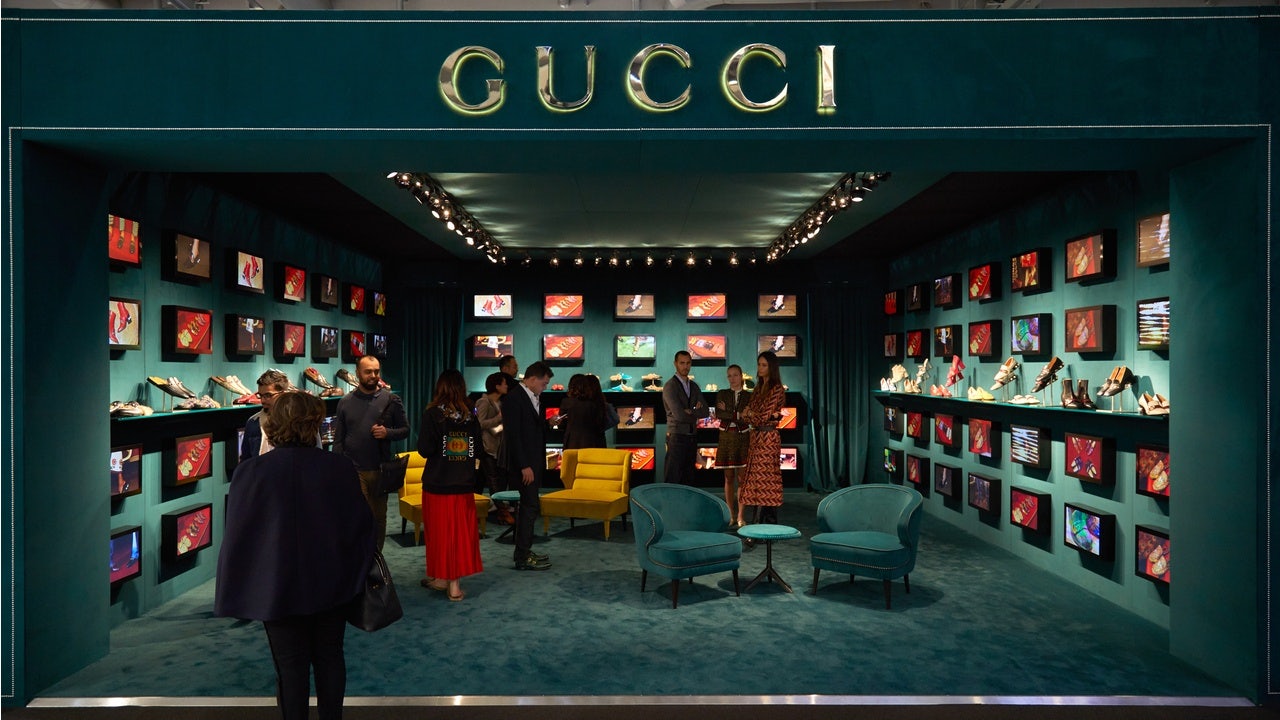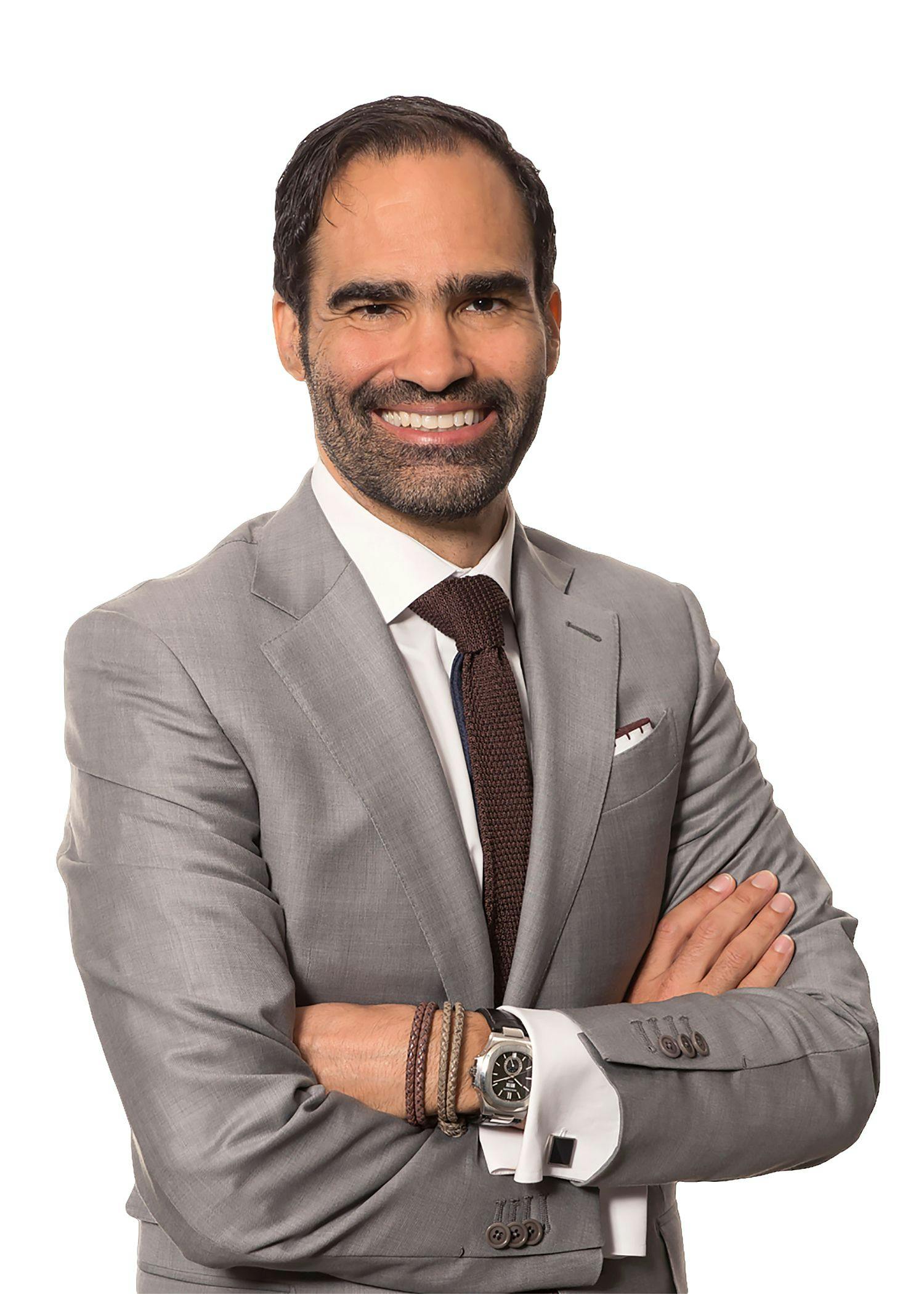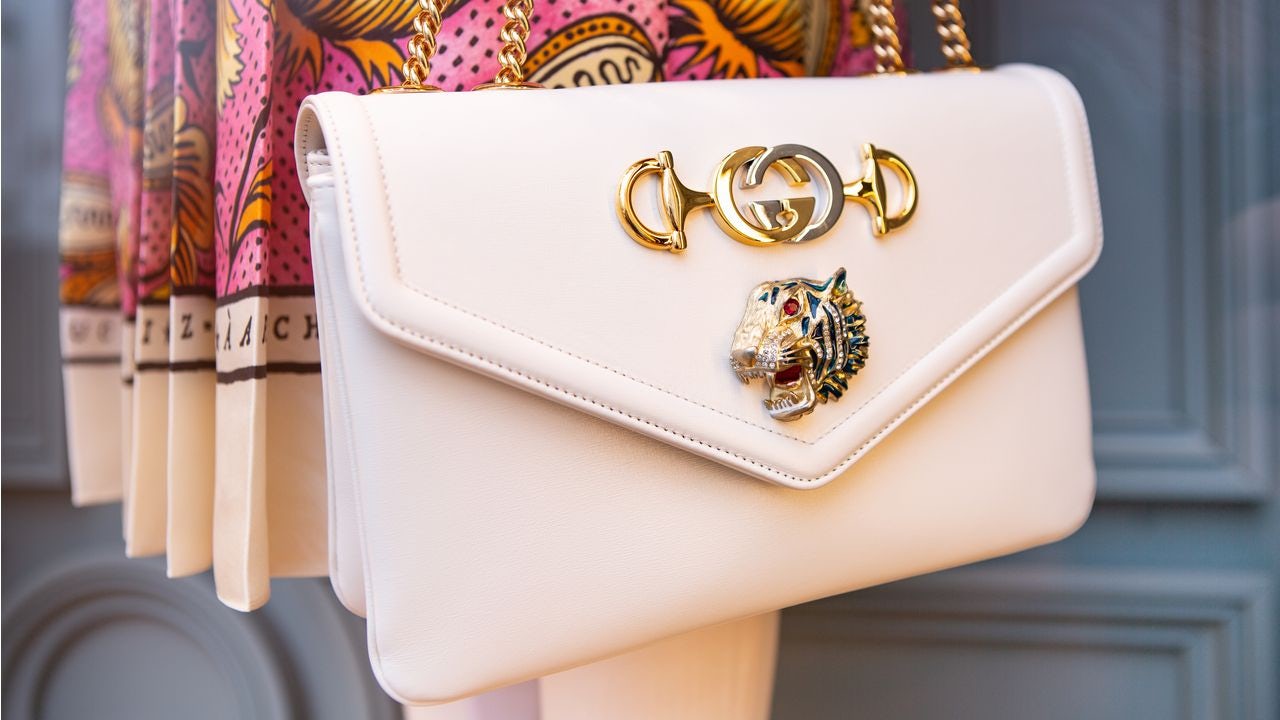Key Takeaways:#
Instead of the Q4 growth that many analysts expected, due to strong Chinese luxury consumer demand and a massive appeal with Chinese millennials, Gucci reported a 10.4-percent decline year-on-year.
Gucci went through phases when its story was boldly and successfully executed, like in the Tom Ford era. But other periods, like when Frida Giannini was creative director, sales plummeted — despite praise for Gianni’s collections.
Given its expansive China footprint and young audience, Gucci should have at least a 20-percent digital share of sales. But that number only stands at around 13 percent.
When Kering presented their annual results for 2020, Gucci’s financial performance was disappointing. Instead of the Q4 growth that many analysts expected, due to strong Chinese luxury consumer demand and Gucci’s massive appeal with Chinese millennials, the brand reported a 10.3-percent decline year-on-year. These numbers indicate that important regions like Europe and North America are dramatically down, accelerated by lockdowns in Italy, France, and parts of the US.
Shortly after presenting the results, the number of experts who criticized Gucci’s strategy as too narrowly focused on young customers emerged like mushrooms in a forest after a rainy day. Some were suggesting that the brand needs a dramatic reset.
I tend to disagree. Looking at the brand from an outside-in view, many of the fundamentals are spot on. First, it is a brand with excellent storytelling. Gucci promotes that their customers can unapologetically live their lives the way they want — bold and free. It is a very inspiring story: emotional, personal, relatable, and identifiable to all generations.
Over the decades, Gucci went through phases where its story was boldly and successfully executed, such as in the era of Tom Ford, who, as creative director, gave the brand its then signature “overtly sexual” style. Since taking the helm as creative director of Gucci in January 2015, Alessandro Michele has been interpreted the brand story in his own way: more playful, theatric, and with a 1970s retro vibe. These bold executions of the brand story were rewarded with strong, long-term compound growth rates.
In phases when the brand story was not expressed well enough, as in the period when Frida Giannini was the creative director, sales plummeted — despite the praise Gianni got for the quality and style of her collections.
Gucci presents a lesson for other luxury brands: The brand story always matters most. And frankly, Gucci has been incredibly strong in this dimension in the past few years and is better positioned for the future than most other luxury brands. As a result, younger consumers — who are not only the future of luxury brands but also the most discerning customers — have fallen in love with the brand. And that is a strong starting point for post-pandemic brand development in the future.
Therefore, I believe the brand issues aren’t fundamental but are with executing its story. One indicator is the brand’s low share of digital sales, which, according to Yahoo Money, stands at around 13 percent despite strong growth. Given its expansive footprint in China and the young audience, I would have expected Gucci to have at least a 20-percent digital share of sales. While some digital growth is encouraging, it was just in line with the entire market’s move toward digital, which the pandemic accelerated. Gucci can do better and must do better in this department.
As such, digital sales should become a point of attention for other luxury brands. The game of luxury has morphed into a digital game, where more than 90 percent of purchase decisions are made through the digital journey. If a brand like Gucci is lagging in digital, other brands should be alarmed. In digital, it is not sufficient to still be growing anymore. Now it is necessary to generate a digital competitive advantage, which means a brand needs more than just a beautiful webstore.
In many projects, I saw some of the best luxury brands in the world not put enough resources toward digital leadership, including the use of sophisticated AI-based consumer insight technologies that can monitor sentiment shifts around the globe in real-time. With preferences changing rapidly at ever-accelerating rates, digital infrastructures have become a game-changer and a critical success factor.
Another issue Gucci must address is its in-store experience. I never experienced the boldness, excitement, and creativity of its collections and creative content in the Gucci stores I visited. And I was never impressed by any of its sales associates, its follow-up, or its relationship building, all of which were dramatically inferior to what I experienced at some other top luxury brand stores, whether in Asia, Europe, or the US.
I am convinced that a more meticulous focus on brand storytelling through the in-store experience, along with stronger digital execution, would yield much better results, given that Gucci’s fundamentals are exceptional. Consider that a warning and wake-up call for other luxury brands.
In our brand audits, more than 90 percent of brands lack clarity and focus in their storytelling. If this issue is combined with weak digital and in-store execution, consumers will only be confused by their sub-par experiences. If a smart and creatively expressed brand like Gucci, which has an incredibly strong story and one of the highest appeal rates with the most difficult target groups to reach (Gen Zers and Millennials), is underperforming, brands without quality storytelling should listen very carefully.
I believe Gucci will address these pain points and continue its strong appeal with young consumers, in China and elsewhere, with investors and consumers alike. But for brands that lack brand fundamentals, it is time to rethink your entire approach. That’s because luxury value can only be created when a brand executes its story — across all touchpoints — better than the competitors.
Daniel Langer is CEO of the luxury, lifestyle and consumer brand strategy firm Équité, and the professor of luxury strategy and extreme value creation at Pepperdine University in Malibu, California. He consults some of the leading luxury brands in the world, is the author of several luxury management books, a global keynote speaker, and holds luxury masterclasses in Europe, the USA, and Asia. Follow @drlanger



